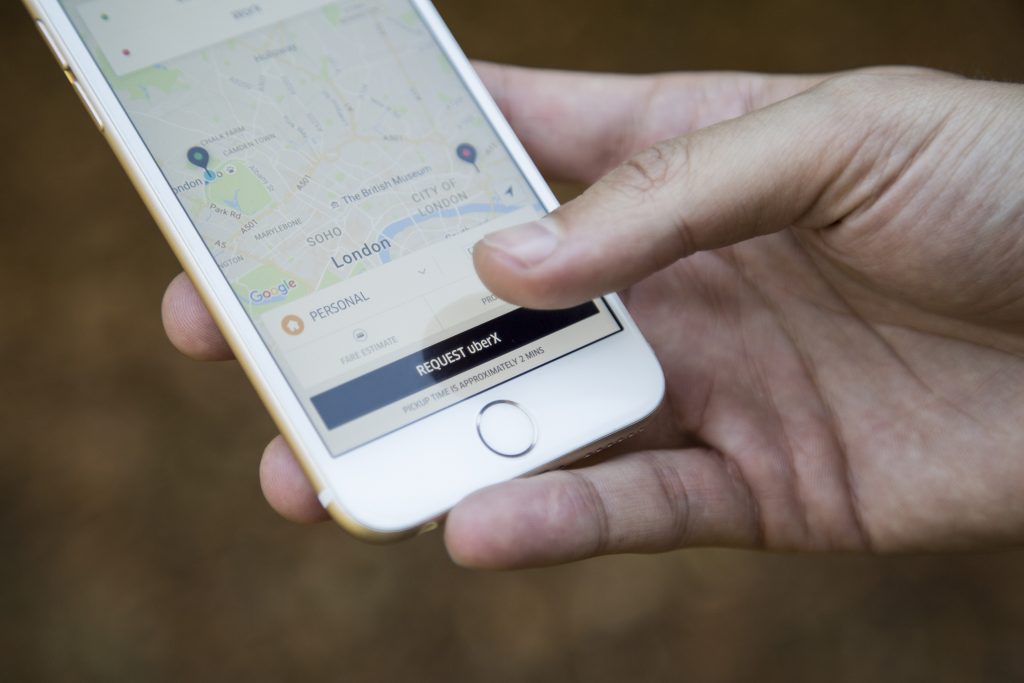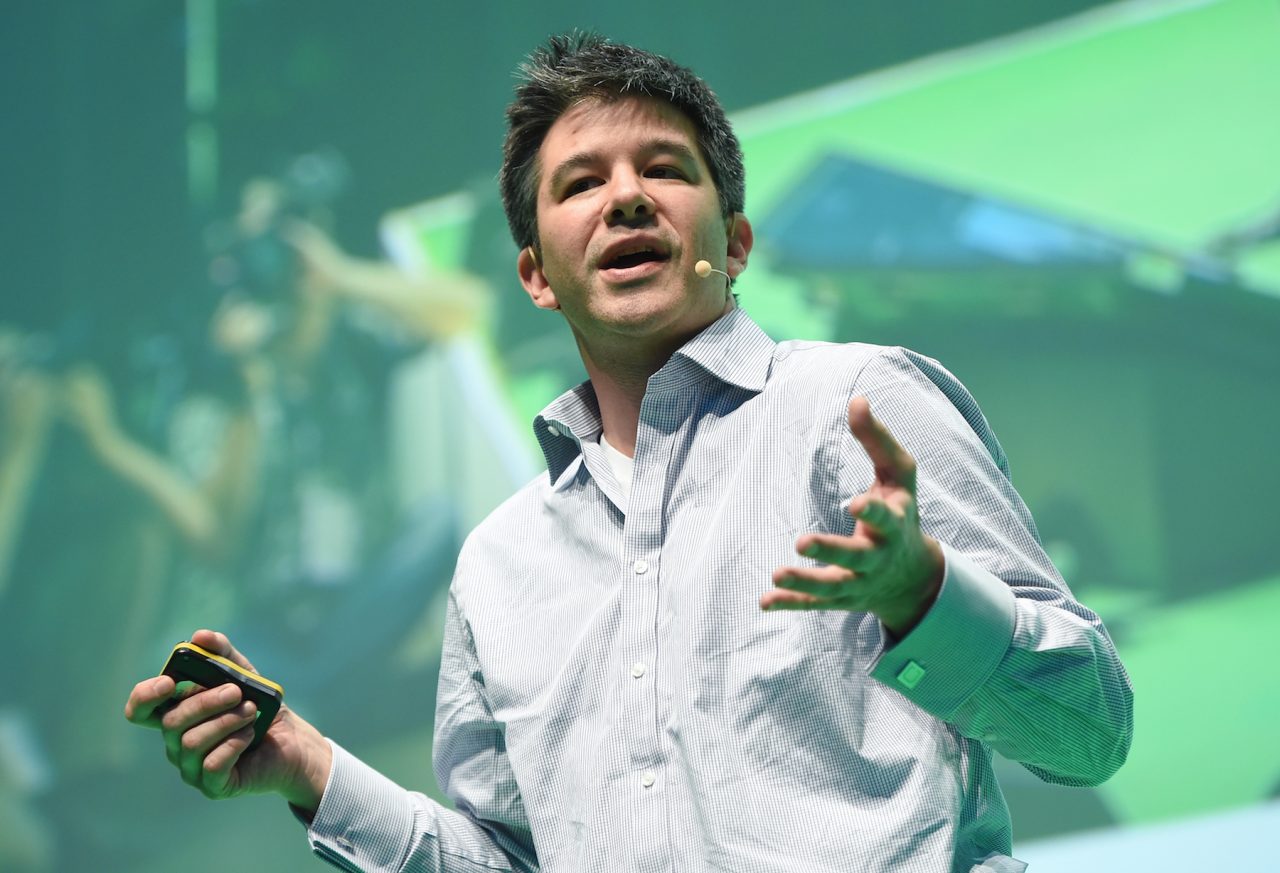
Could a report into ‘bro culture’ be the end of Uber?
Uber – the car-sharing app everyone loves to hate – has been the scene of a huge controversy over sexual harassment, negative company culture and the bad behavior of some of its executives.
This week, a big report has been released looking into allegations of sexual harassment, and the ‘bro-culture’ that critics say allows it to happen. More than 20 employees have been fired, including, according to reports, some of the company’s executives. The company’s CEO, Travis Kalanick, has taken an ‘indefinite’ leave of absence, and its head of business has left.
It is, to use a technical term, a shit storm. And it’s not Uber’s first – remember the whole #DeleteUber thing? Uber’s joined the ranks of United Airlines and Pepsi in shouldering some serious PR disasters this year.
Uber’s promised to “clean up” its act. It’s taken on all the recommendations in the report – which suggests doing things like taking “always be hustlin’ " out of the official company policy, not calling a meeting room the “war room” and taking the emphasis off drinking in company socials.
But will any of this bad press actually damage the company? Probably not.

What's going on at Uber?
In February, Susan Fowler, a former engineer at Uber wrote a blog revealing in pretty devastating detail the sexual harassment she'd been a victim of at Uber, the company's failure to deal with it, and the consistently awful treatment women are subjected to at the firm.
The post went viral. Uber boss, Travis Kalanick, claimed it was the first time he’d ever heard of an issue like this, and ordered an immediate review into the claims, hiring a lawyer to carry it out.
The scandal came at a pretty bad time for the company. In January, a huge social media campaign (the #DeleteUber thing) saw over 20,000 people delete their account overnight, after the company introduced surge pricing at JFK airport during protests over Donald Trump’s Muslim ban.
Then, in February, Kalanick was caught on camera screaming at an Uber driver, who’d complained to him about lower cab fares affecting his ability to make a living.
Suddenly the company that was once the darling of the booming Silicon Valley tech scene looked like it might be in trouble.
So what happens when a company has a PR disaster?
When a big scandal hits a company, the first thing to suffer is normally the ‘share price’. That’s the amount that investors – or people who buy stocks and shares on a public market – are willing to pay for a stake in the company. When a scandal hits, investors freak out – suddenly the company doesn’t seem such a safe place to put their money so they start to sell their shares. The more shares become available, the more the value of each share drops.
Take VW – when it was involved in a huge scandal after it emerged it had fiddled some of its emissions data, the share price fell around 35 per cent. In 2013, when traces of horsemeat were found in UK supermarket food, the price of shares in Tesco fell 5 per cent overnight.
Uber’s not listed on any public markets – if it was, it pretty much follows that the share price would probably have fallen after the allegations – it didn’t, so we didn’t have that early indicator of the impact of the scandal.
Do customers care about a scandal?
Uber still relies on private investment, and no major donors have been announced since 2016. But for a customer-based company like Uber, what matters most is that people keep using the app, and making them money, and the company keeps growing. By all accounts they are, and it is.
Despite losing 20,000 customers over night in February, Uber’s still on course to make $15 billion this year – according to one of its advisers, Donald Tusk. The year VW was hit by the emissions scandal it still managed to sell a record number of cars.
“The reset has finally come,” he said, “it’s time to ride the road to redemption”.
And that road won’t be too rocky so long as customers keep not really caring about customer culture.
Tusk wrote: “Customers don't seem to care about any of Uber's scandals.”
In a separate interview he said, “Consumers care about themselves … if the iPhone is amazing but Apple is awful, people don't give a shit.”



